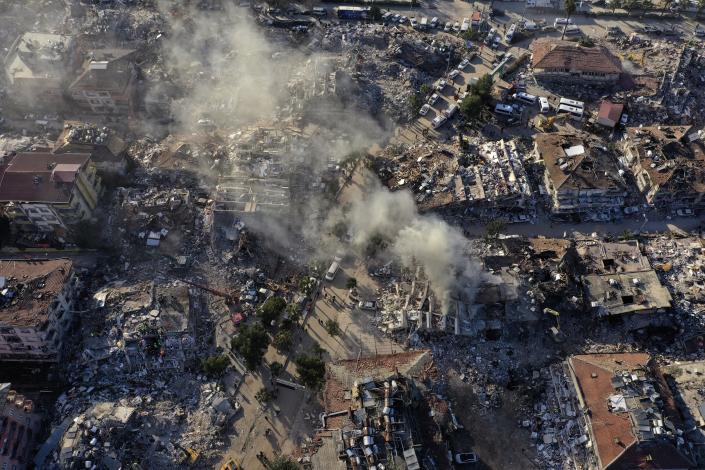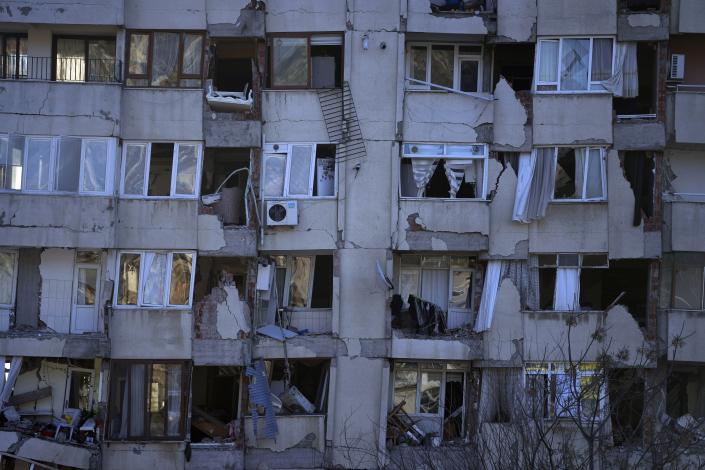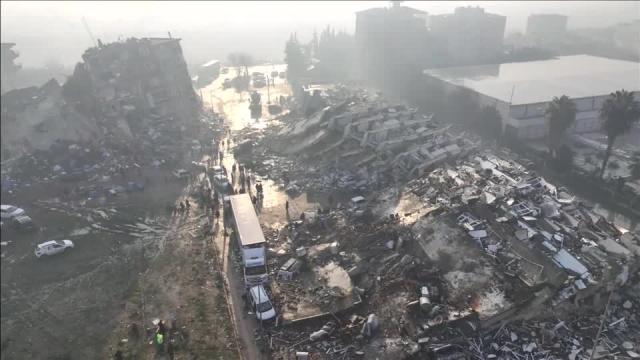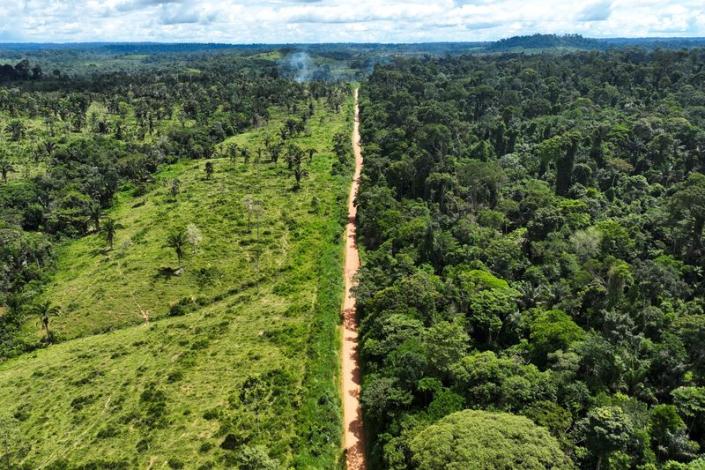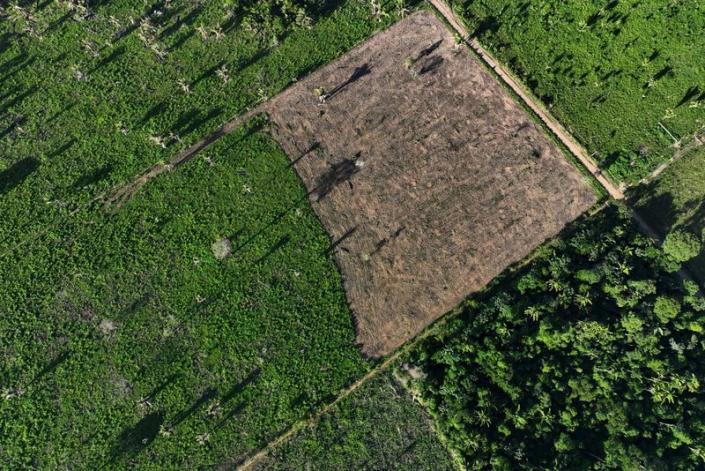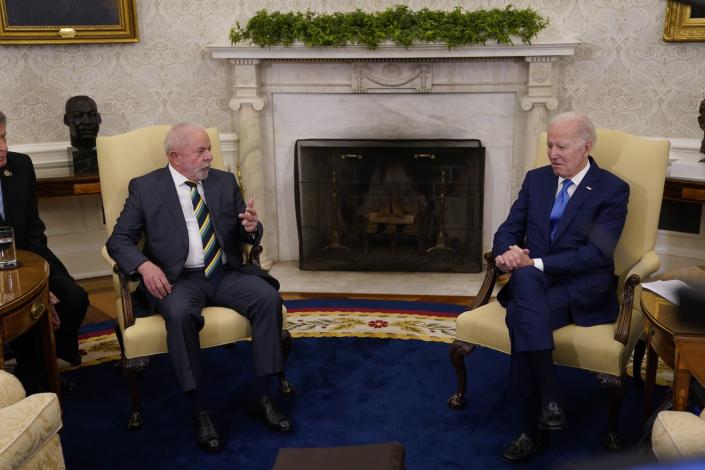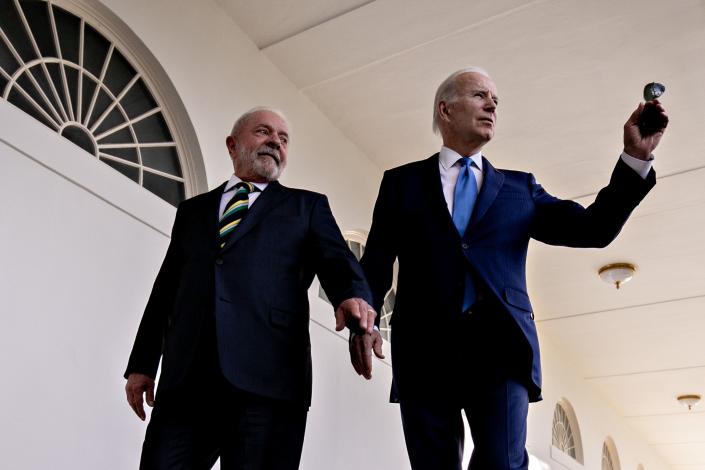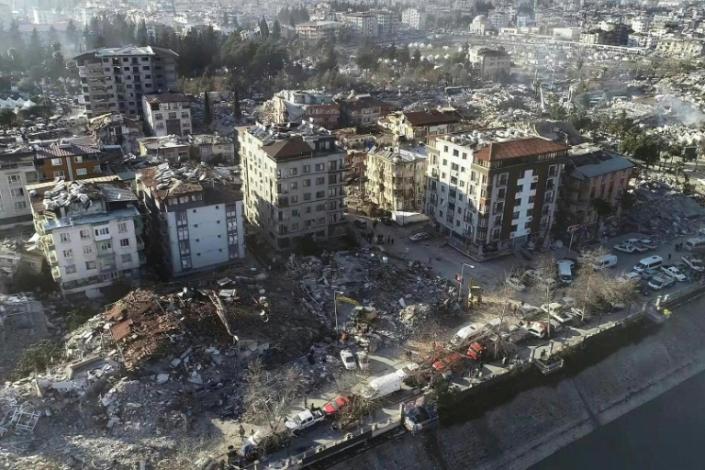SOCIALISM FOR THE RICH
The Dark Side of Sports Stadiums
Billionaires have found one more way to funnel our tax dollars into their bank accounts: sports stadiums. And if we don’t play ball, they’ll take our favorite teams away.
Ever notice how there never seems to be enough money to build public infrastructure like mass transit lines and better schools? And yet, when a multi-billion-dollar sports team demands a new stadium, our local governments are happy to oblige.
A good example of this billionaire boondoggle is the host of the 2023 Super Bowl: State Farm Stadium.
That’s where the Arizona Cardinals have played since 2006. It was finally built after billionaire team owner Michael Bidwill and his family spent years hinting that they would move the Cards out of Arizona if the team didn’t get a new stadium. Their blitz eventually worked, with Arizona taxpayers and the city of Glendale paying over two thirds of the $455 million construction tab.
And State Farm Stadium is not unique. It’s part of a well established playbook.
Here’s how stadiums stick the public with the bill.
Step 1: Billionaire buys a sports team.
Just about every NFL franchise owner has a net worth of over a billion dollars — except for the Green Bay Packers, who are publicly owned by half a million cheeseheads.
The same goes for many franchise owners in other sports. Their fortunes don’t just help them buy teams, but also give them clout — which they cash-in when they want to get a great deal on new digs for their team.
Step 2: Billionaire pressures local government.
Since 1990, franchises in major North American sports leagues have intercepted upwards of $30 billion worth of taxpayer funds from state and local governments to build stadiums.
And the funding itself is just the beginning of these sweetheart deals.
Sports teams often get big property tax breaks and reimbursements on operating expenses, like utilities and security on game days. Most deals also let the owners keep the revenue from naming rights, luxury box seats, and concessions — like the Atlanta Braves’ $150 hamburger.
Even worse, these deals often put taxpayers on the hook for stadium maintenance and repairs.
We taxpayers are essentially paying for the homes of our favorite sports teams, but we don’t really own those homes, we don’t get to rent them out, and we still have to buy expensive tickets to visit them.
Whenever these billionaire owners try to sell us on a shiny new stadium, they claim it will spur economic growth from which we’ll all benefit. But numerous studies have shown that this is false.
As a University of Chicago economist aptly put it, “If you want to inject money into the local economy, it would be better to drop it from a helicopter than invest it in a new ballpark.”
But what makes sports teams special is they are one of the few realms of collective identity we have left.
Billionaires prey on the love that millions of fans have for their favorite teams.
This brings us to the final step in the playbook: Threaten to move the team.
Obscenely rich owners threaten to — or actually do — rip teams out of their communities if they don’t get the subsidies they demand.
Just look at the Seattle Supersonics. Starbucks’ founder Howard Schultz owned the NBA franchise but failed to secure public funding to build a new stadium. So the coffee magnate sold the team to another wealthy businessman who moved it to Oklahoma.
The most egregious part of how the system currently works is that every dollar we spend building stadiums is a dollar we aren’t using for hospitals or housing or schools.
We are underfunding public necessities in order to funnel money to billionaires for something they could feasibly afford.
So, instead of spending billions on extravagant stadiums, we should be investing taxpayer money in things that improve the lives of everyone — not just the bottom lines of profitable sports teams and their owners.
Because when it comes to stadium deals, the only winners are billionaires.
(Source: youtube.com)


